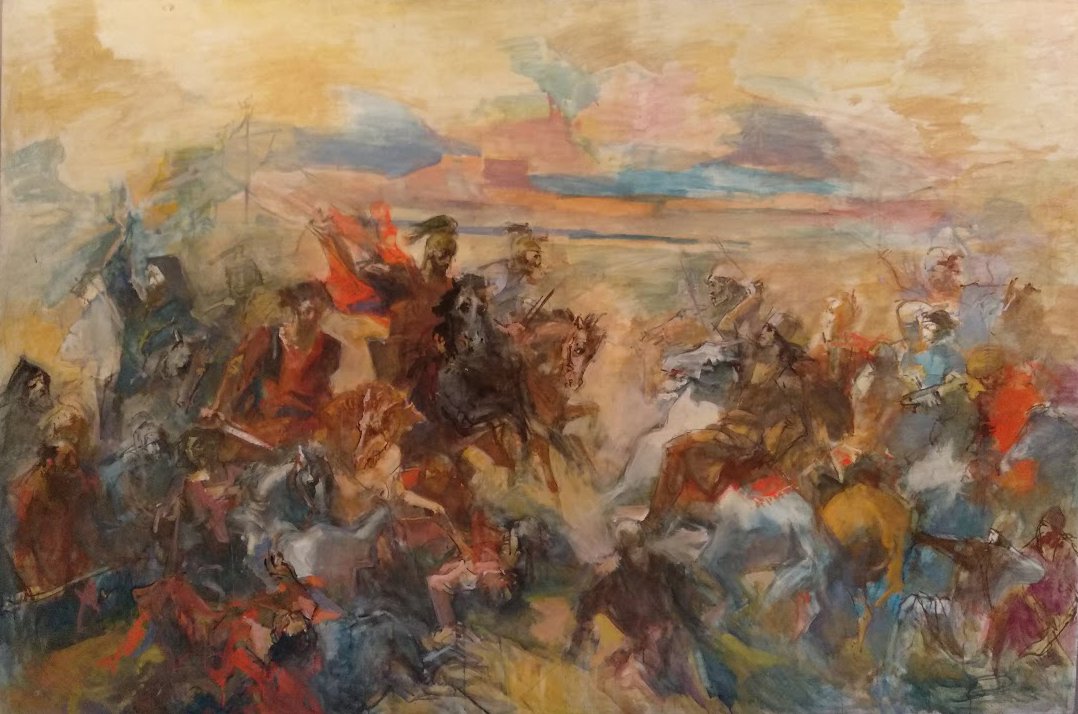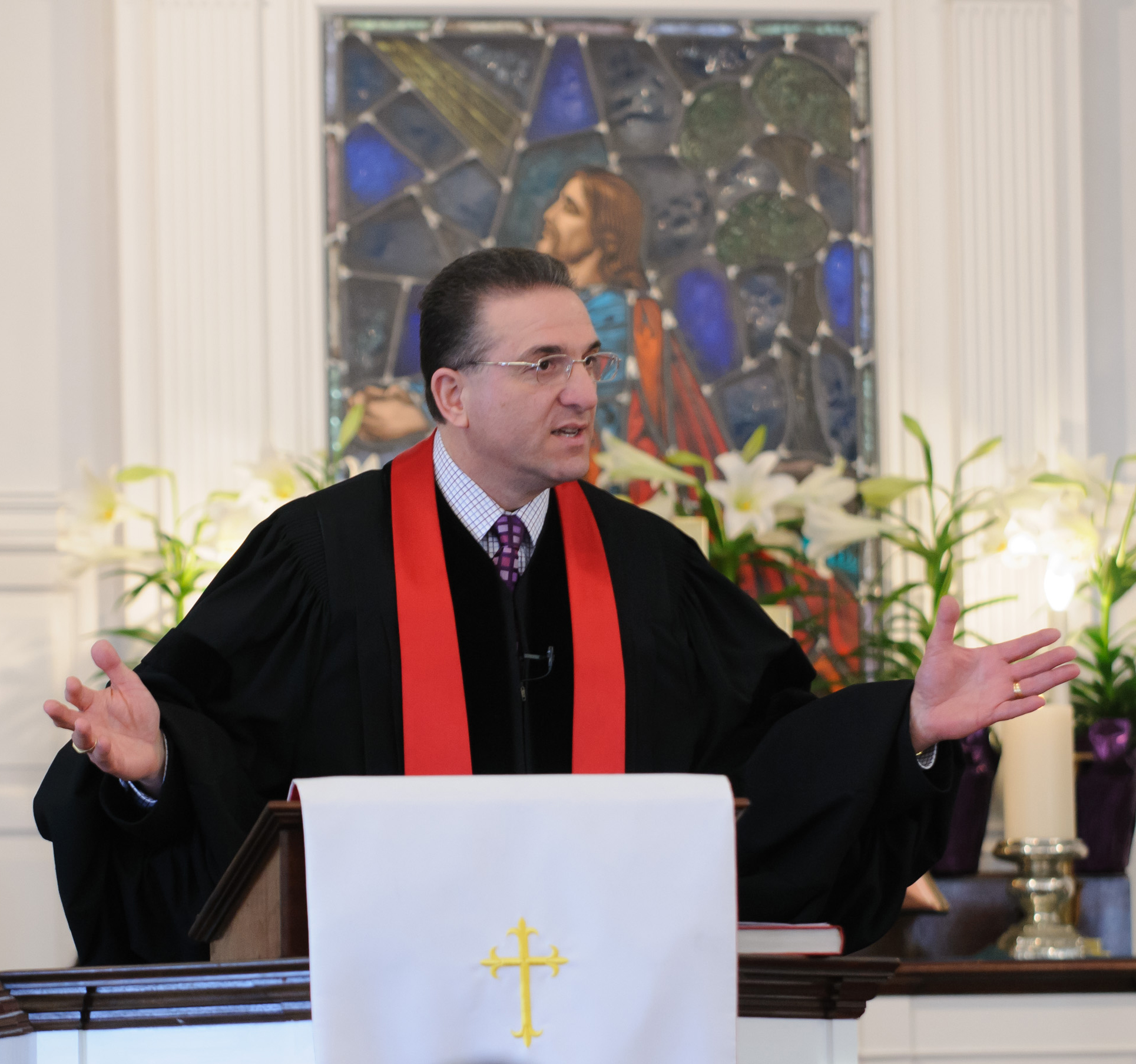After the last ceasefire between Artsakh and Azerbaijan, we have been hearing a variety of pro and con voices: voices of desperation, despair, complaints and uncertainty – voices of rebellion, inquiries and accountability.
Hearing such voices is expected and understandable. The Armenian people, old and young, leaders and followers, educated and uneducated, must all be able to express their pain, grief, anger and despair. Artsakh and the motherland are not the property or prerogative of any one person—they belong to all of us. Their children and their pain are our pain just as their joy is our joy.
These emotions and outbursts are all expected and natural. Why? Because when Artsakh and the motherland are wounded, it is impossible to control the voices within us just as it is impossible to quiet the voices when we hear of Armenian soldiers being killed, homes destroyed, churches ruined and dreams turned into nightmares. How?

One thing is certain and clear—we have work to do. We must turn to the pages of our centuries-old history. We have many lessons to learn from the past. I will reflect on one of those—the Battle of Avarayr in 451 A.D.
The Battle of Avarayr lasted only one day. We lost the battle against the enormous army of the Persian king. We were defeated indeed. For a while, we were without Vartan Mamigonian and his courageous and fearless leadership. As a brave and undaunted soldier, Mamigonian sacrificed his life on the battlefield for his faith and homeland, so that future Armenian generations may keep their identity and be free to live and worship their God.
Yes, we lost the Battle of Avarayr. We were defeated. But, the story did not end there. Over the next 33 years, and this time under the capable leadership and perseverance of Vahan Mamigonian, they fought numerous battles until the Persian king understood and acknowledged, once and for all, that although he won the war he could not suppress, subjugate or defeat the steel will of the Armenian people. Thus, with the signing of the Treaty of Nevarsag in 484 A.D., the Armenian people were granted freedom – freedom to profess their Christian faith and live in a free homeland.
Yes, it is a big loss when people do not learn from their past history, but those who do gain a lot; they learn not to repeat the same mistakes. But there is more. Vartan Mamigonian and Vahan Mamigonian were the eventual victors, because they were able to unite the hearts and souls of the people. They were able to convince them that their strength lied in their unity – in Christian faith and homeland.
Yes, although this message has probably been heard before it is not a worn out message. It remains current and timely. We must admit that many governments and countries have come and gone and do not exist today. But we are here. One hundred five years ago, the enemy wanted to destroy and eliminate us leaving only one Armenian in a museum, but they were not successful. They failed! Today, we exist. We are here, and we will persevere. In the words of the poet Paruyr Sevag, “Yes, we are few, but they call us Armenians. We do not consider ourselves above anyone else.”
The enemy is making every effort to set us against one another, divide and create animosity among us. But, the fort is conquered from within. So, the sacred responsibility of keeping this fort is in the hands of the people of Artsakh, the motherland and the diaspora. Therefore, when we still have time in our hands, let each one of us do our part, acknowledging our responsibility. Let us not wait and depend on others to come to our aid. Let each one of us do our part for the love of our martyrs at least and for the costly blood they shed.



Be the first to comment